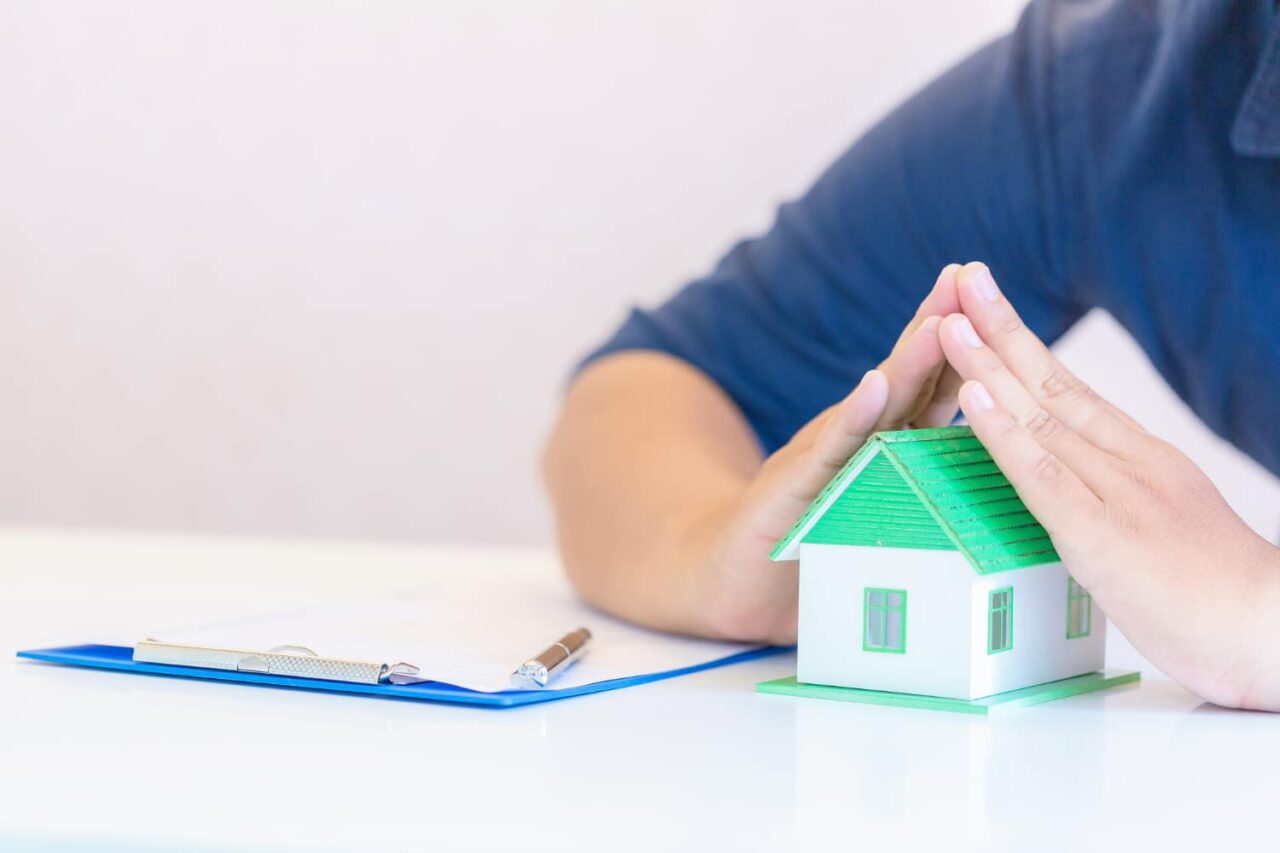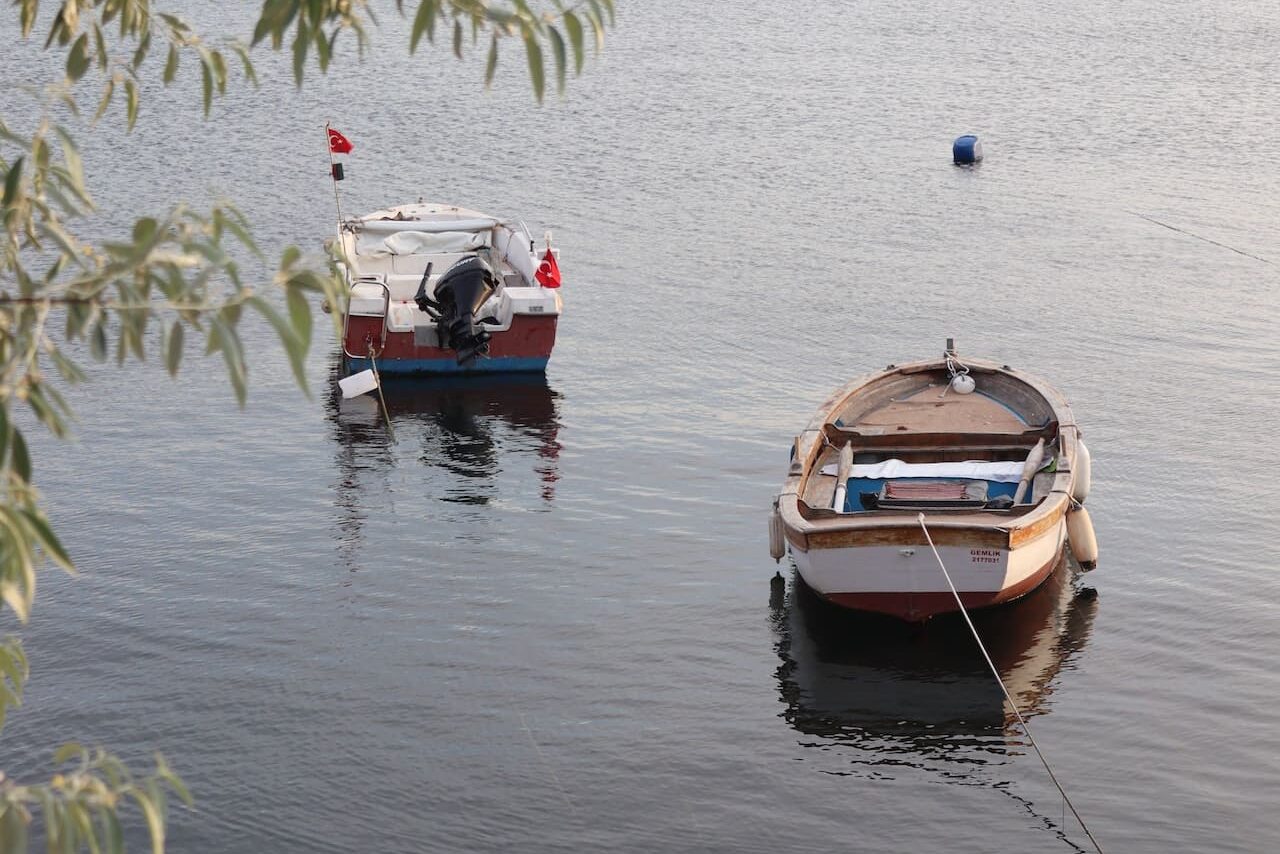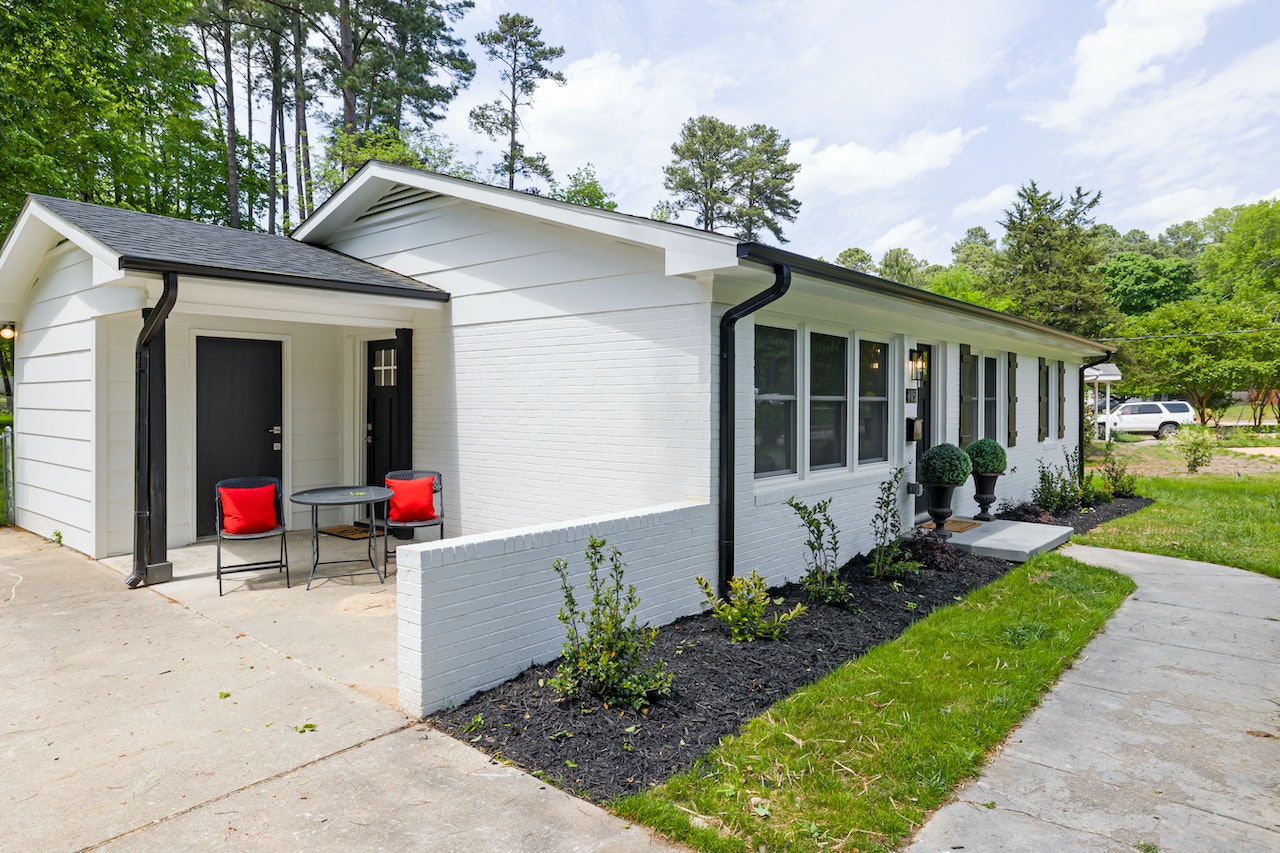Manufactured homes have gained immense popularity in Florida due to their affordability, convenience, and functional designs. As a manufactured homeowner, safeguarding your investment against potential risks such as severe weather, fire, and theft is crucial.
Florida Manufactured Home Insurance Agency, a trusted provider of insurance solutions in Florida, is dedicated to helping manufactured homeowners find comprehensive insurance policies that cater to their unique needs and expectations.
In this detailed guide on manufactured home insurance in Florida, we will unfold the essential aspects of securing an insurance policy that provides ample protection for your valuable asset. Our blog will explore a variety of topics, including the different types of policies available, factors that affect policy pricing, coverage options, and tips for keeping your premiums affordable, just to name a few.
Stay connected and up to date with our blog on manufactured home insurance, unlocking the knowledge to protect your home and its contents without breaking the bank. Let us join forces to secure your home and provide the peace of mind you deserve — starting with this guide.
Understanding Manufactured Home Insurance Coverage Options
Securing comprehensive insurance coverage is essential for every manufactured homeowner. Let’s delve into the various types of coverage options available, helping you to make informed decisions:
- Dwelling Coverage: This standard coverage provides protection for your manufactured home’s structure, including attached structures like porches and decks. Dwelling coverage typically covers hazards such as fire, wind, theft, or vandalism.
- Personal Property Coverage: Personal property coverage ensures the protection of your belongings within your manufactured home, like furniture, electronics, and appliances. This type of coverage usually compensates for the loss or damage caused by events like theft or natural disasters.
- Liability Coverage: Liability coverage shields you from financial risks if someone gets injured or suffers property damage while on your property. This coverage generally includes legal fees and medical expenses.
- Additional Living Expenses Coverage: This optional coverage assists with temporary relocation expenses, like hotel accommodations, if your manufactured home becomes inhabitable due to a covered event.
Factors Affecting Manufactured Home Insurance Costs
Insurance premiums for manufactured homes in Florida depend on multiple factors. Some key aspects that influence policy costs are:
- Home Value: The more valuable your manufactured home, the higher the insurance premium, as replacement costs and limits will be higher.
- Age and Condition of the Home: Older manufactured homes or homes in poor condition may demand higher insurance premiums due to the increased likelihood of damages or structural issues.
- Location: Manufactured homes situated in areas prone to natural disasters, high crime rates, or extreme weather may require higher premium rates compared to homes in less risky or quieter areas.
- Safety Measures: Homes with additional safety features like fire alarms, security systems, or storm shutters may qualify for discounts on premium rates.
Making Your Manufactured Home More Resistant to Disasters
Florida’s diverse climate and susceptibility to natural disasters necessitate taking preventive measures. Here are essential tips to enhance your manufactured home’s resilience against potential disasters:
- Wind Mitigation: Implement wind mitigation strategies like hurricane-resistant windows, reinforced doors, and storm shutters to reduce potential wind damage.
- Flood Prevention: Elevate your manufactured home using structural supports, to minimize flood damage risks. Additionally, direct rainwater away from your home using gutters and proper landscaping techniques.
- Fire Safety: Install fire alarms, smoke detectors, and fire extinguishers throughout your home. Develop and practice escape plans with your family, and maintain a safe distance from flammable materials.
- Pest Control: Conduct regular inspections and maintenance to prevent infestations. Seal cracks or gaps, and address moisture problems that can contribute to pest infiltration.
Keeping Your Manufactured Home Insurance Premiums Affordable
As you seek comprehensive insurance coverage for your manufactured home, consider these practical tips for lowering your premium rates:
- Bundle Your Policies: Many insurance companies offer discounts when you combine multiple policies, like auto and manufactured home insurance, with one provider.
- Increase Your Deductible: Opting for a higher deductible often leads to lower premium rates, but be mindful of selecting a manageable deductible in the event of a claim.
- Safety and Security: Incorporate safety features such as alarm systems, deadbolts, or fire extinguishers to reduce your premium rates.
- Shop Around: Obtain quotes from various insurers and compare coverage options, prices, and customer service to secure the best value.
Investment Protection with Comprehensive Manufactured Home Insurance
Securing a comprehensive insurance policy for your manufactured home in Florida is vital to protect your investment and cultivate a worry-free living experience. Take the time to understand coverage options, factors affecting policy costs, ways to make your home disaster-resistant and strategies for keeping premiums affordable.
Partner with a reputable insurance provider like Florida Manufactured Home Insurance Agency to find tailored insurance solutions designed with your unique needs in mind. With the appropriate coverage, you can enjoy the tranquility and peace of mind of knowing your manufactured home investment is well-protected. Contact us today to discuss manufactured home insurance in Tampa Bay!





